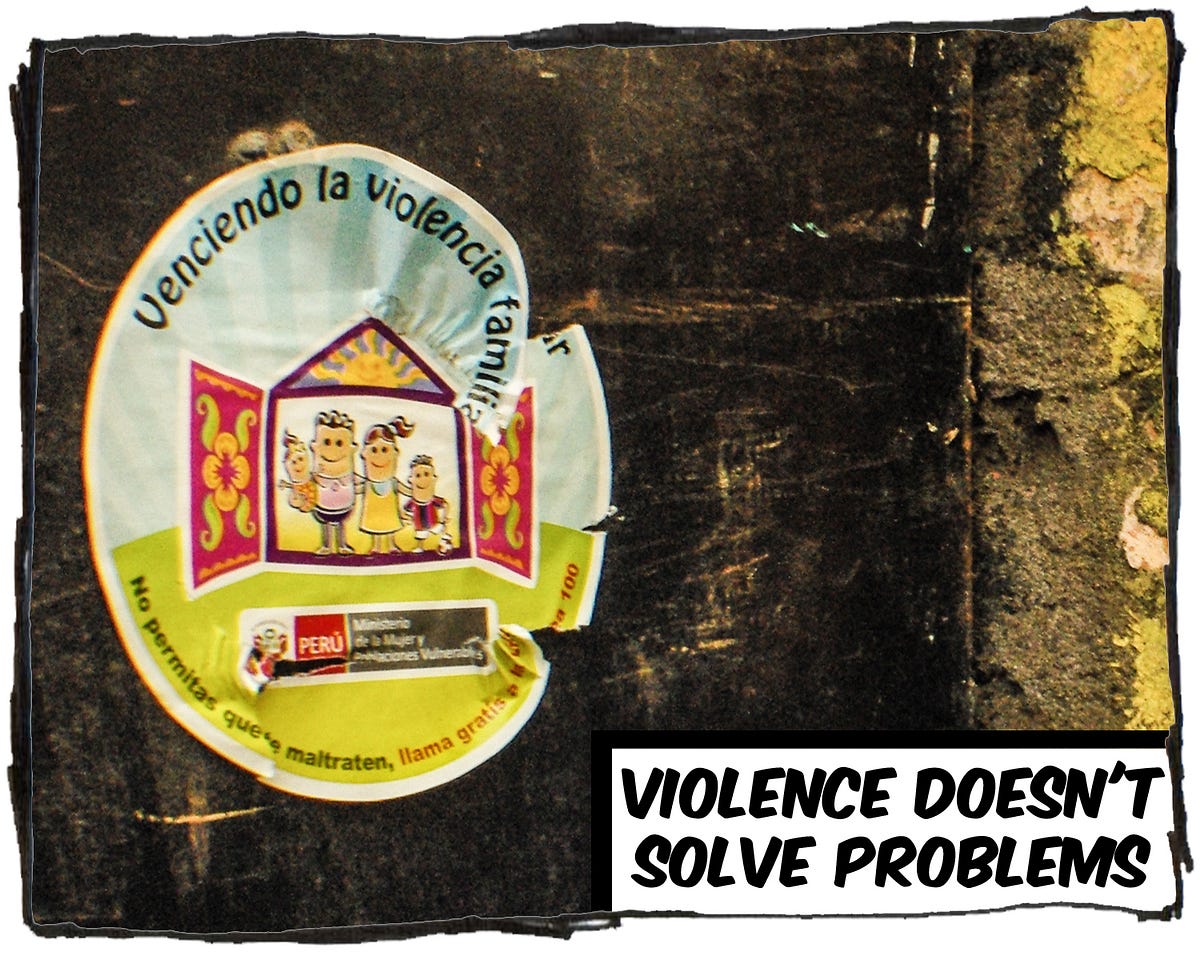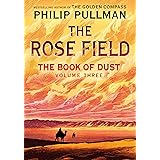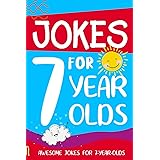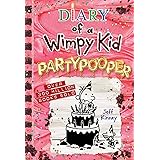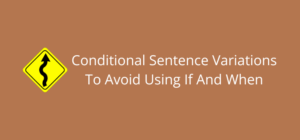The Dark Secret Behind a Persistent Literary Trope Fueled by Toxic Masculinity
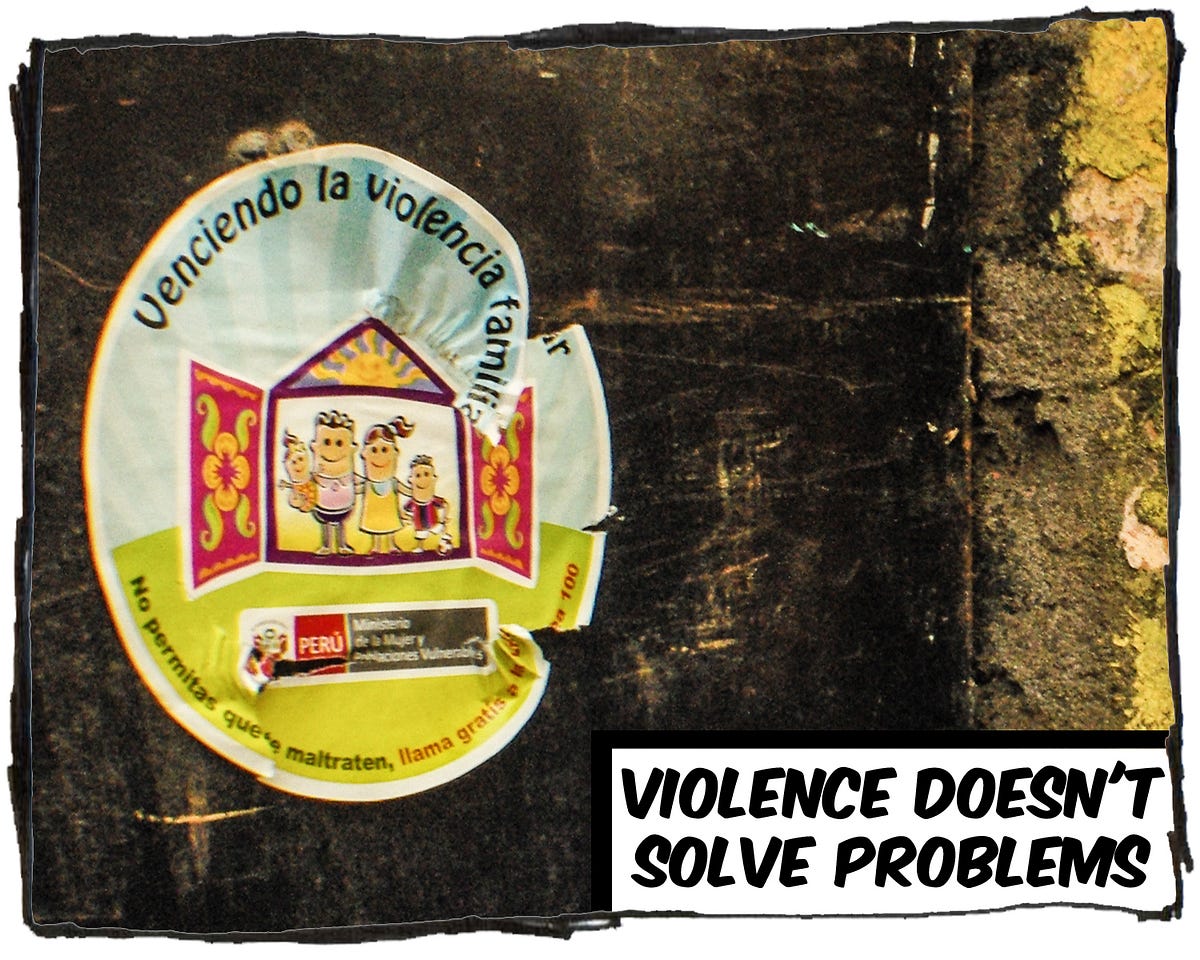
THE RECKLESS WRITER
The next time you see a family conflict resolved with violence, ask yourself if it’s realistic or healthy
Our entertainment is a reflection of our society. That’s why it’s disturbing to see so many shows that explore the drama that’s created by deteriorating relationships.
We see toxic interactions between husbands and wives, fathers and daughters, and fathers and sons. In most cases, the men are shown to “mean well” even if their behavior is selfish.
The idea of the emotionally distant man is constantly reinforced and normalized. As a result, crumbling relationships are portrayed as inevitable.
The worst part is how frequently these shows will contrive a violent situation that allows the father to emerge as “the hero.” Through some act of brutality, the man is able to restore the lost confidence of his loved ones.
It’s pure toxic fantasy.
We need more representation for alternative possibilities
The message seems to be that just because a man is willing to indulge in violence, it’s some sort of a justification for all his flaws as a spouse, parent, and human being.
However, if a man truly does care, then why is he incapable of making the effort to be emotionally present?
Why are we so willing to accept catharsis from scenarios involving violence? We see men protect their wives from being robbed. We see men protect their daughters from being raped.
It’s become a cliche, and it is untethered from reality.
We’re indoctrinated to equate violence with love
These contrived scenarios underscore the absurd assumption that we need violent people to protect us from a violent world.
In reality, we have more power to prevent violence than we’re willing to admit. We’ve been conditioned to view as inevitable something we actually have the power to eliminate.
